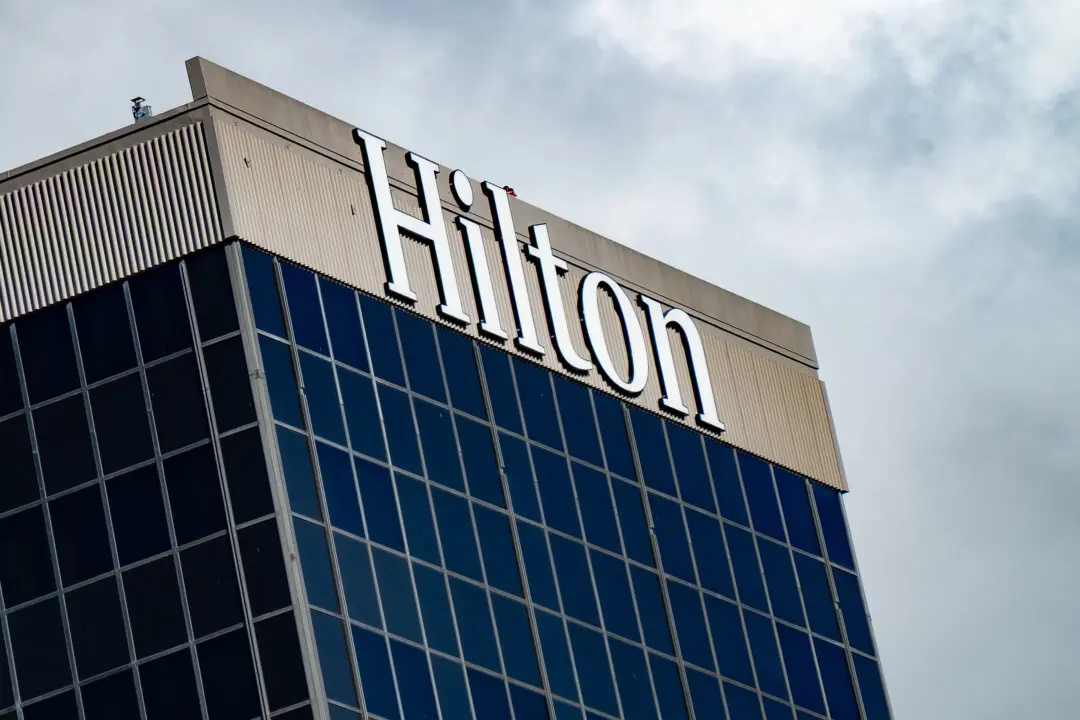The City Council of Irvine, California, has unanimously approved a resolution to promote diversity, equity, and inclusion in city hiring practices, a policy that opponents say is unconstitutional and might lead to quota-based mandates.
The council voted 5-0 to approve the Diversity, Equity and Inclusion (DEI) resolution on Jan. 26. The measure calls for the formation of a DEI ad hoc committee to gather information on the hiring practices of the city and its vendors.





